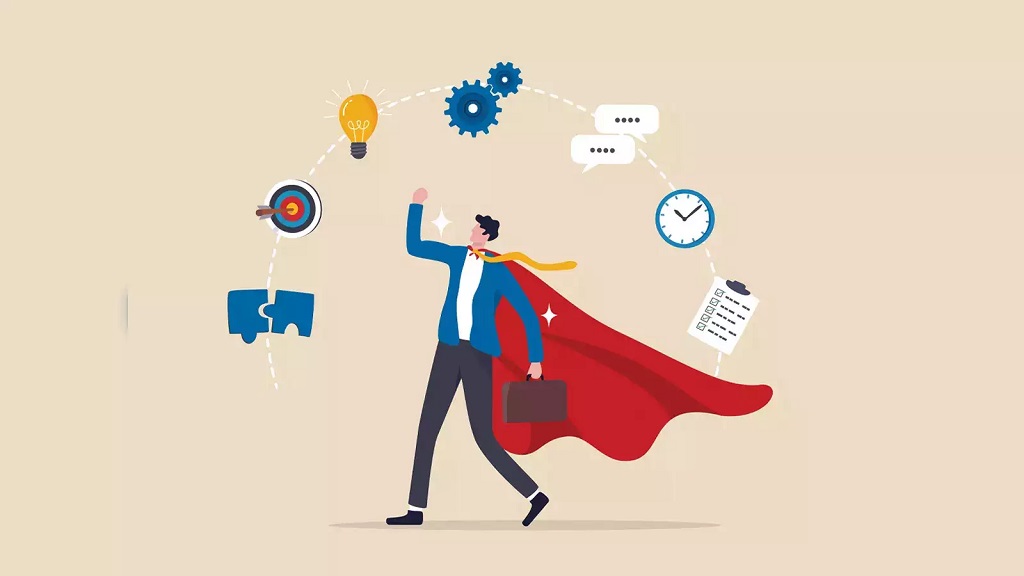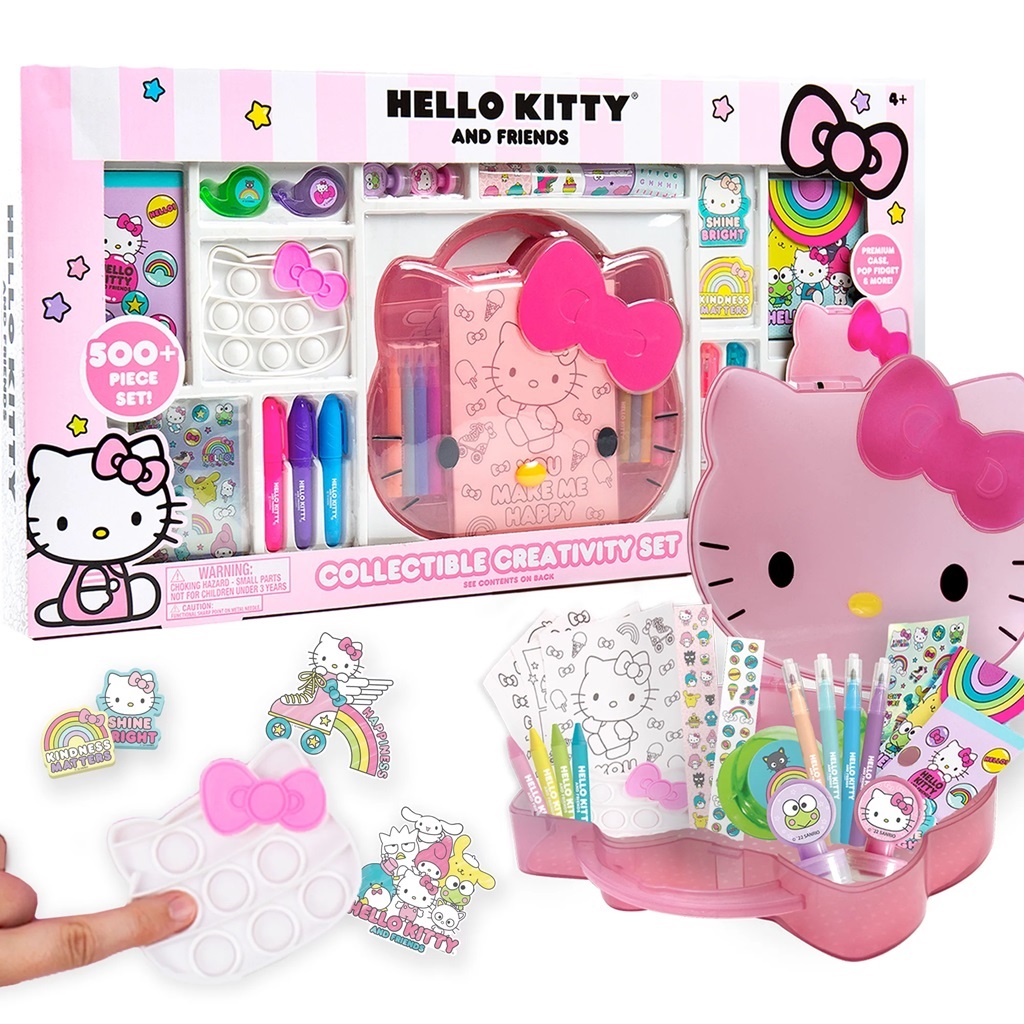The human mind is a remarkable tool, constantly evolving and adapting throughout our lives. But just like any muscle, our brains need regular exercise to stay sharp and function at their best. That’s where lifelong learning comes in. Lifelong learning isn’t just about acquiring academic qualifications; it’s about embracing a continuous journey of exploration, discovery, and personal growth.
This guide explores the multifaceted benefits of lifelong learning and how it can empower you to lead a more fulfilling and enriching life.
Unlocking Potential: Expanding Knowledge and Skills
At the core of lifelong learning lies the desire to expand our knowledge and skillset. Here’s how continuous learning empowers you:
-
Master New Skills: Learning new skills opens doors to new opportunities, both personally and professionally. Whether you want to learn a new language, master a creative pursuit, or gain technical skills relevant to your career, lifelong learning allows you to constantly add to your repertoire.
-
Deepen Existing Knowledge: We don’t always retain everything we learn in school. Lifelong learning allows you to revisit previously learned concepts, delve deeper into areas of interest, and solidify your understanding of the world around you.
-
Challenge Yourself: Stepping outside your comfort zone and tackling new learning challenges keeps your mind sharp and fosters intellectual curiosity. Engaging with new ideas and concepts can lead to unexpected breakthroughs and ignite a passion for lifelong exploration.
Enhancing Employability: Staying Relevant in a Dynamic World
The modern workplace is in a constant state of flux. New technologies emerge, industries evolve, and skills become obsolete. Lifelong learning plays a crucial role in maintaining employability and career advancement:
-
Adapting to Change: By continuously updating your skillset, you can adapt to changing workplace demands and stay relevant in your chosen field. Embrace new technologies, explore emerging trends, and demonstrate your commitment to ongoing learning.
-
Increased Value to Employers: Employers seek well-rounded individuals with a growth mindset and a willingness to learn. Lifelong learning showcases your dedication to self-improvement and positions you as a valuable asset to any organization.
-
Expanding Career Opportunities: Learning new skills and expanding your knowledge base can open doors to new career paths you may not have considered previously.
Boosting Brainpower: The Cognitive Benefits of Learning
Lifelong learning isn’t just about external benefits; it has a profound impact on how our brains function:
-
Improved Cognitive Function: Studies show that lifelong learning can help improve memory, focus, and cognitive flexibility. The mental stimulation keeps your brain active and helps stave off cognitive decline as we age.
-
Enhanced Problem-Solving Skills: The process of learning new things, especially complex topics, strengthens your problem-solving muscles. Lifelong learning equips you to approach challenges with a more analytical and adaptable mindset.
-
Increased Creativity: Learning exposes you to new ideas, perspectives, and ways of thinking. This exposure can spark creative inspiration and help you approach problems from innovative angles.
Beyond the Mind: The Emotional and Social Benefits
The advantages of lifelong learning extend far beyond cognitive benefits, impacting your emotional and social well-being:
-
Increased Confidence: Mastering new skills and expanding your knowledge base fosters a sense of accomplishment and boosts your confidence. This newfound confidence can spill over into other areas of your life, empowering you to take on new challenges with greater self-belief.
-
Stress Reduction: Learning new things can be a source of enjoyment and satisfaction. Engaging in activities that stimulate your mind can be a healthy way to de-stress and disconnect from daily pressures.
-
Social Connection: Lifelong learning often involves interaction with others. Taking classes, attending workshops, or joining online learning communities allows you to connect with like-minded individuals and build new social bonds.
Finding Your Learning Path: Strategies for Lifelong Learners
The beauty of lifelong learning is that it’s a personalized journey. There’s no right or wrong way to learn; the key is to find approaches that resonate with you:
-
Formal Education: While formal education might not always be practical, consider taking courses, pursuing certifications, or enrolling in online learning platforms to acquire specific skills or knowledge.
-
Informal Learning: Learning can happen anywhere, anytime. Read books, listen to podcasts, watch documentaries, take online courses, or explore educational apps.
-
Experiences: Travel, volunteering, and engaging in new hobbies can be powerful learning experiences. Embrace new challenges and immerse yourself in diverse cultures and perspectives.
-
Mentorship: Seek guidance from mentors or experts in your field of interest. Learning from someone with experience can be an invaluable way to accelerate your growth.
Making Lifelong Learning a Habit: Tips for Consistent Learning
The key to reaping the benefits of lifelong learning lies in consistency. Here are some tips to integrate lifelong learning into your daily routine:
-
Set SMART Goals: Start by setting Specific, Measurable, Achievable, Relevant, and Time-bound goals. Break down larger learning objectives into smaller, manageable steps to avoid feeling overwhelmed.
-
Schedule Learning Time: Just like any important appointment, schedule dedicated time for learning in your calendar. Treat this time with the same respect you would a work meeting or social engagement.
-
Find Learning Buddies: Learning with a friend or colleague can be a great source of motivation and accountability. Discuss your learning goals and hold each other accountable for staying on track.
-
Make it Fun!: Learning shouldn’t feel like a chore. Choose learning activities that you find interesting and enjoyable. Explore different formats like audiobooks, documentaries, or interactive online courses to keep things engaging.
-
Celebrate Your Achievements: Acknowledge and celebrate your progress, no matter how small. Taking the time to appreciate your accomplishments will motivate you to keep learning and growing.
Related: What Has Hands but Can’t Clap? The Mystery Behind This Tricky Riddle
Lifelong Learning: A Journey of Transformation
Lifelong learning is more than just acquiring knowledge; it’s a mindset. It’s about embracing a continuous journey of exploration, growth, and self-discovery. By prioritizing lifelong learning, you empower yourself to lead a more fulfilling life, enhance your career prospects, boost your cognitive function, and forge meaningful connections with others. So, embrace the adventure of lifelong learning and unlock the full potential within you.





